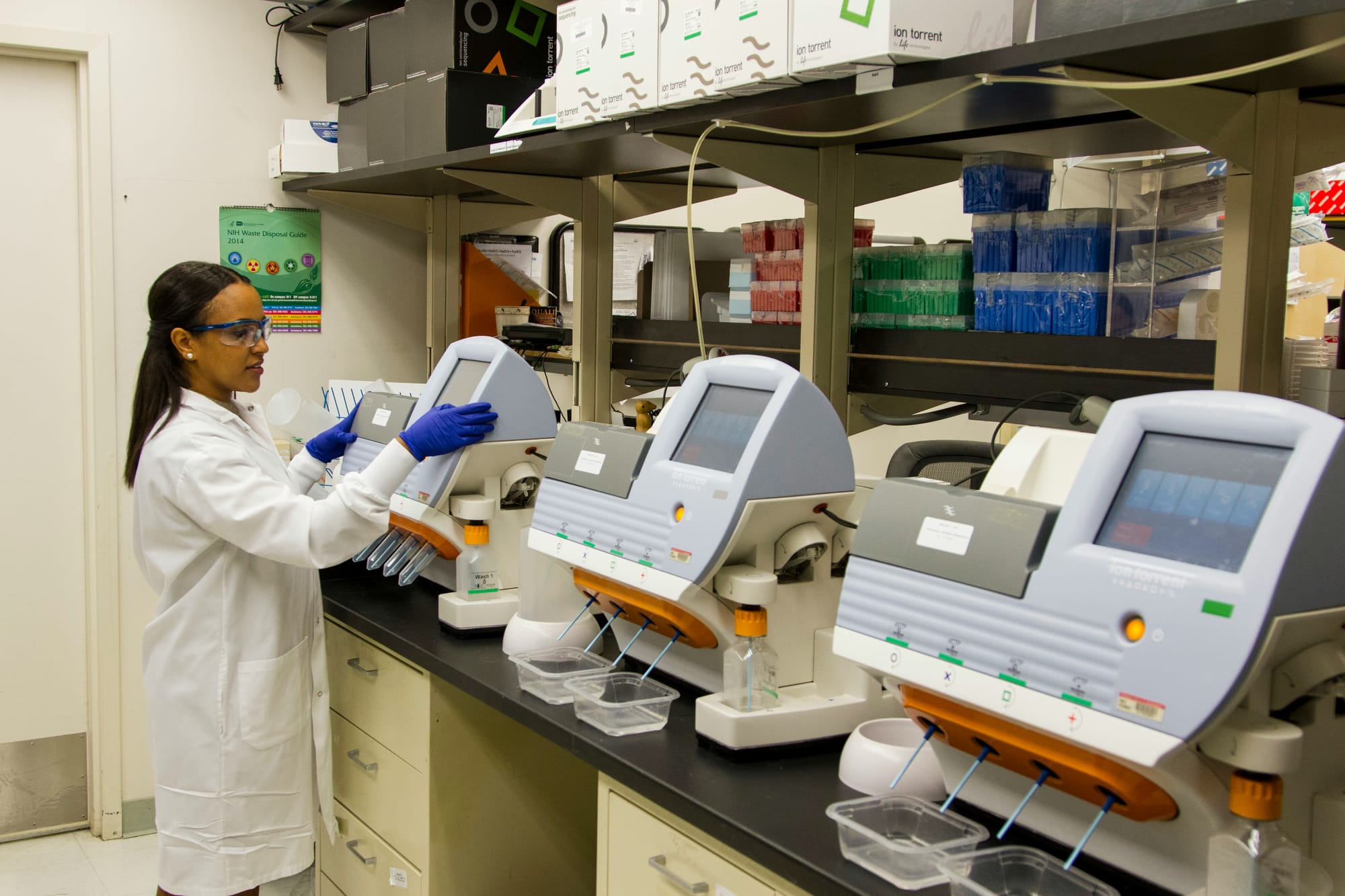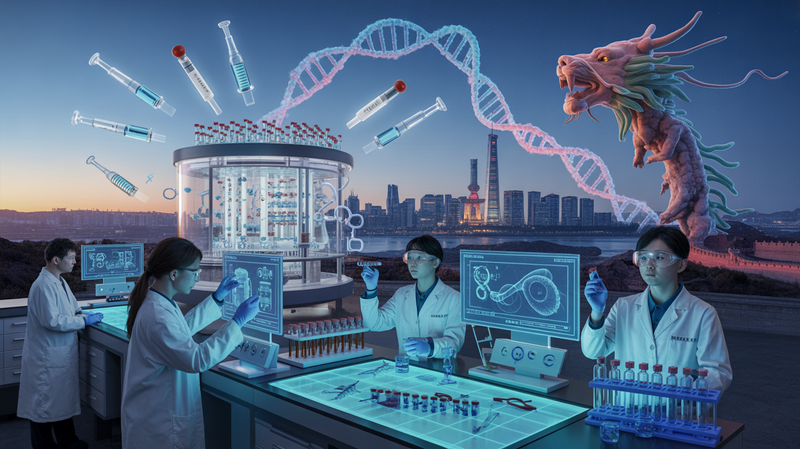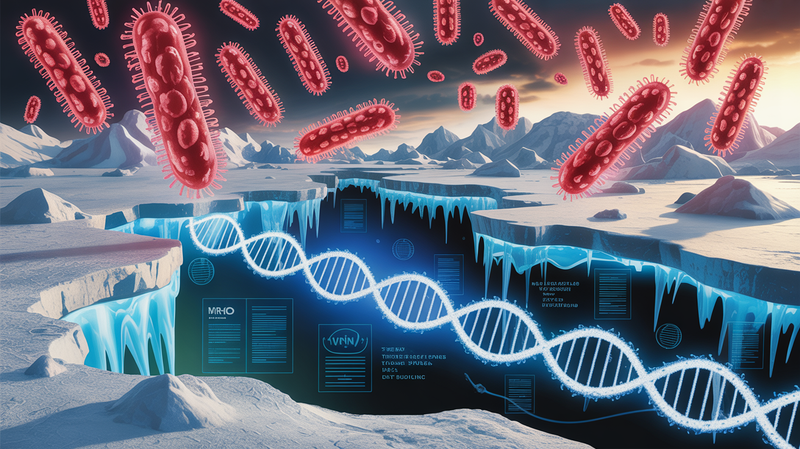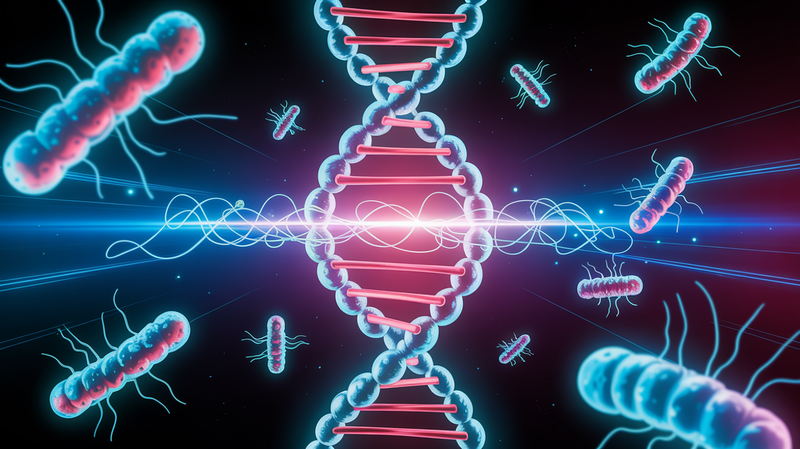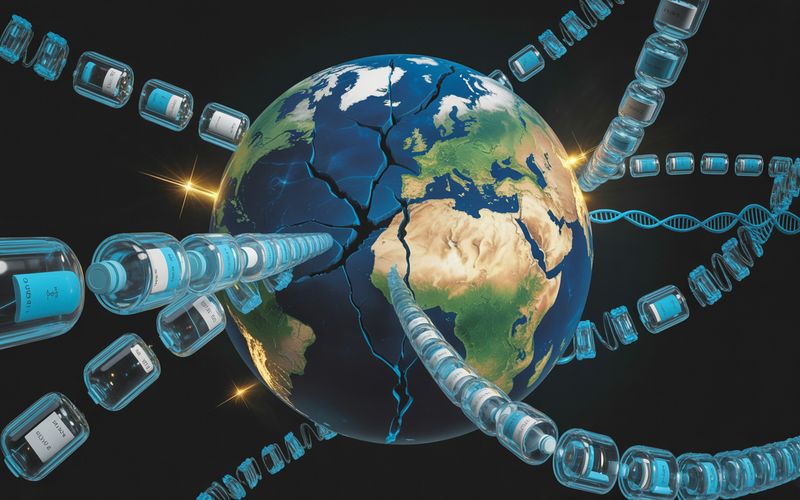The Dawn of a New Era: Personalized Genomes, Minds Online, and the Ghosts of Pathogens
In a time where the line between the fantastical tales of science fiction and the tangible reality grows ever thinner, we find ourselves at the edge of a thrilling frontier—a future where tweaking our DNA feels as simple as changing our profile picture, where our thoughts can surf the
In a time where the line between the fantastical tales of science fiction and the tangible reality grows ever thinner, we find ourselves at the edge of a thrilling frontier—a future where tweaking our DNA feels as simple as changing our profile picture, where our thoughts can surf the internet with no need for screens, and where diseases become invisible architects of society.
Picture a world where your genetic code isn't just a roll of the dice handed down through generations but a masterpiece waiting for your personal touch. DNA customization beckons us into a world brimming with potential: eradicating genetic diseases feels as achievable as swiping left, and amplifying our strengths—both physical and mental—becomes the norm. It's a promise of a future where everyone has the chance to sculpt their very essence for better health, longevity, and yes, even the way we look. But with great power comes great responsibility. The shadow of genetic elitism, the ethical quagmires of "designer babies," and the specter of dwindling genetic diversity loom large over this brave new world.
Then there's the concept of our brains going online—directly. It's as if we've unlocked a secret level in human evolution, enhancing our learning, our way of communicating, and our sensory experiences with the speed of thought. Instant knowledge, immersive virtual realities, a new dimension of connection. But this marvel doesn't come without its monsters: the erosion of privacy, the vulnerability to unseen threats, and the existential question of what it really means to be human when our minds and machines become indistinguishable.
And let's not forget the invisible adversaries—diseases that once stood before us, now cloaked in the shadows. In this envisioned future, pathogens could be tailored like bespoke suits, targeting individuals or populations with chilling precision. The power to create or neutralize these microscopic soldiers could tip the scales of global dominance, ushering in an era where biology is both shield and sword.
As we venture into this uncharted territory, the dance between innovation and morality becomes more intricate. The horizon is wide with possibilities to elevate the human condition, yet it's fraught with the perils of deepening societal rifts, dissolving the essence of privacy, and confronting the very core of our human identity. The path we carve from here is not set in stone; it's a narrative shaped by our decisions, our values, and our collective vision for the future. Will we move with caution and reverence for the moral compass, or will we leap into the abyss, propelled by our insatiable thirst for knowledge and progress?
This journey into the potential of personalized genetics, the melding of minds and the digital realm, and the ethereal nature of modern pathogens isn't just an expansion of our scientific horizons—it's a clarion call. It beckons us to ponder the world we aim to build and the principles we aspire to live by. Standing at this pivotal juncture of monumental scientific breakthroughs, the echoing question is: How will we sculpt the essence of humanity in an age of boundless technological might?
